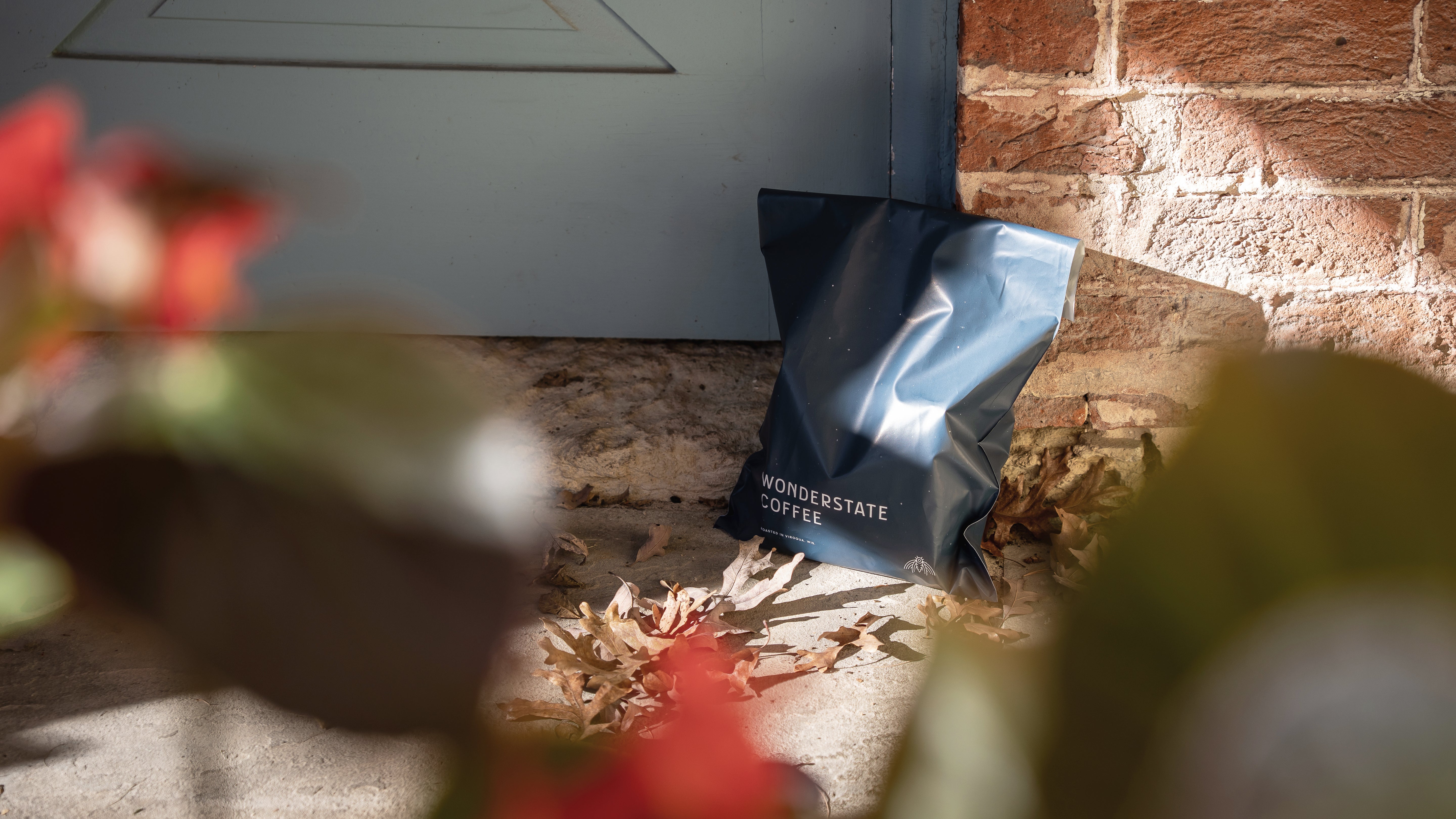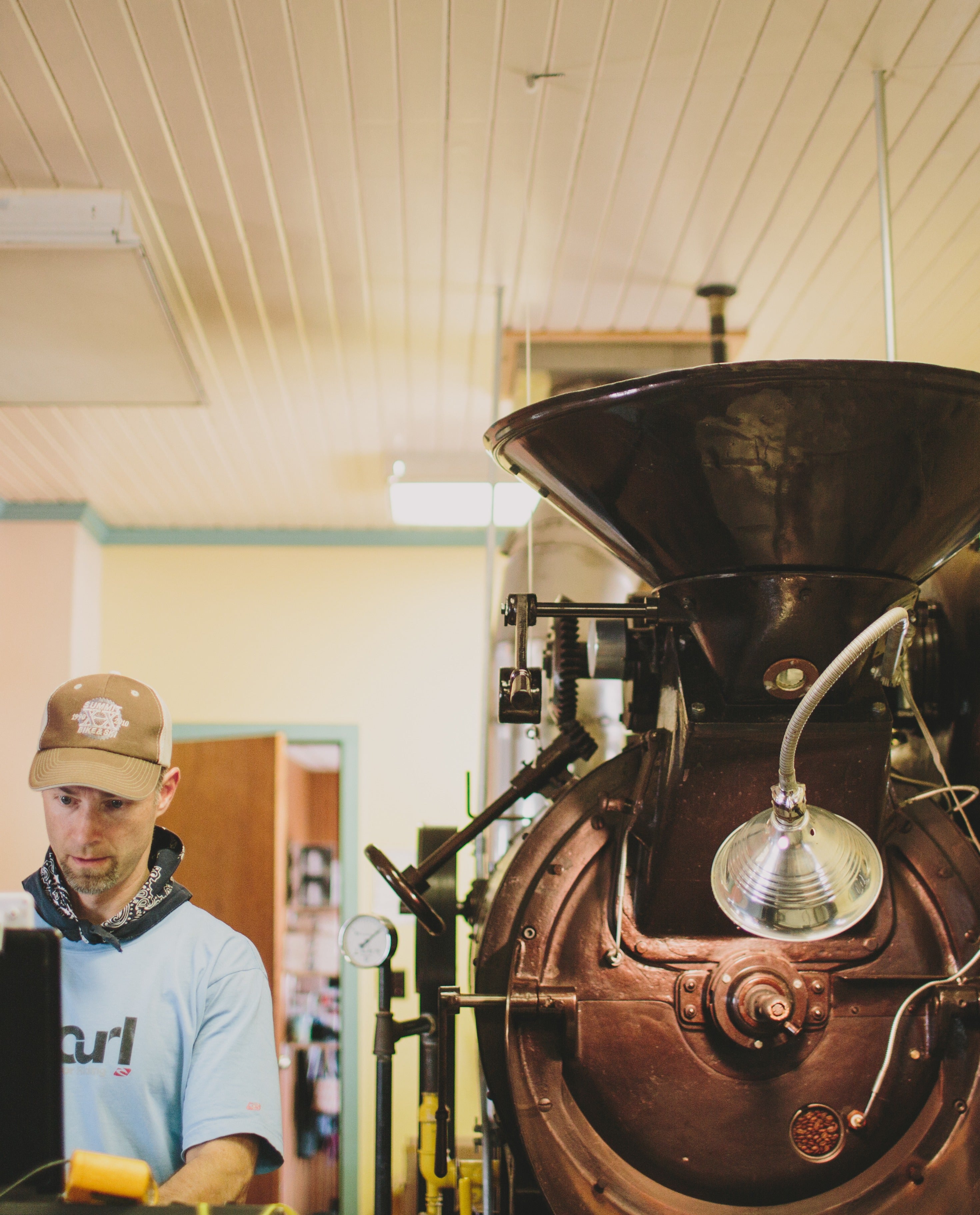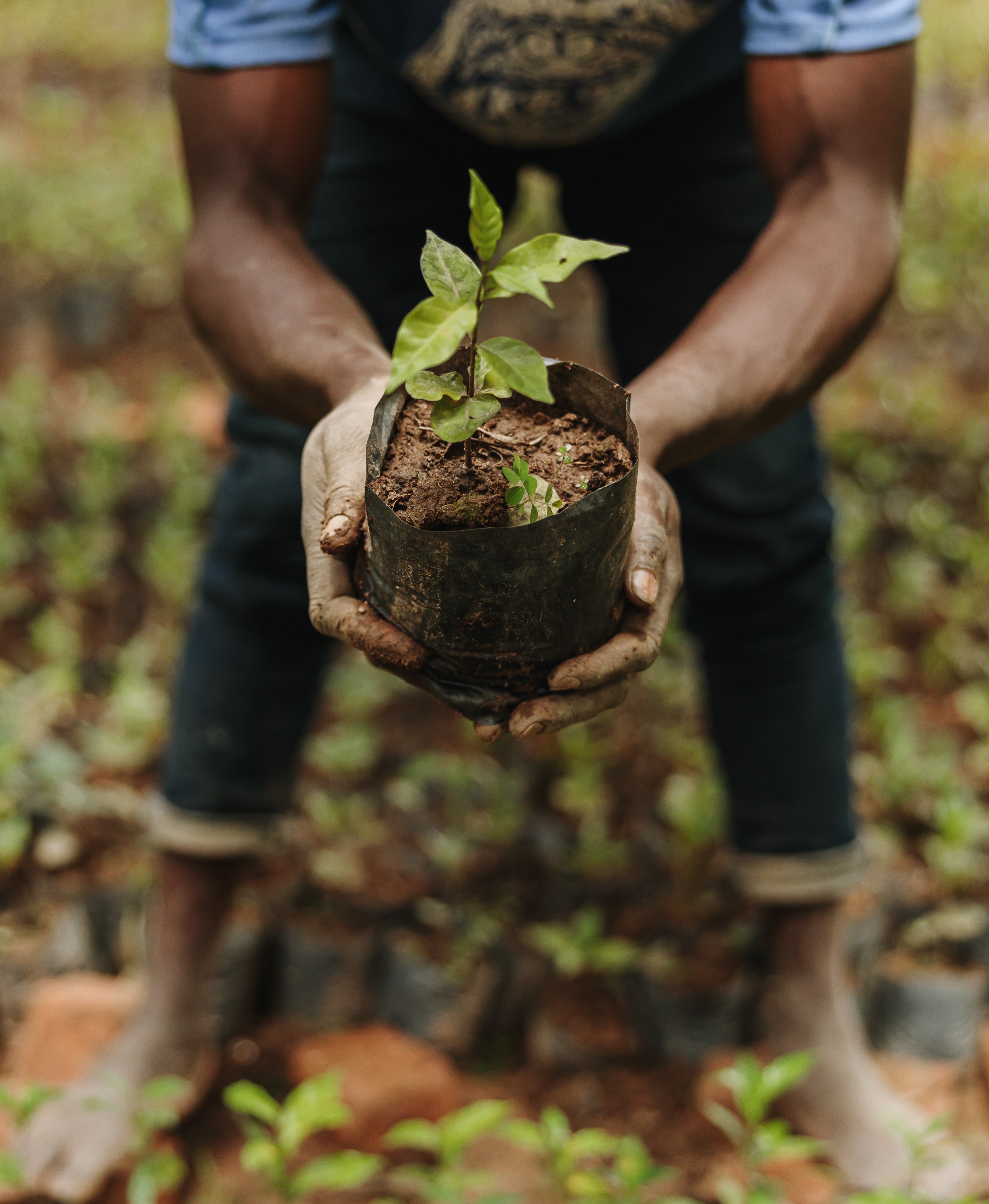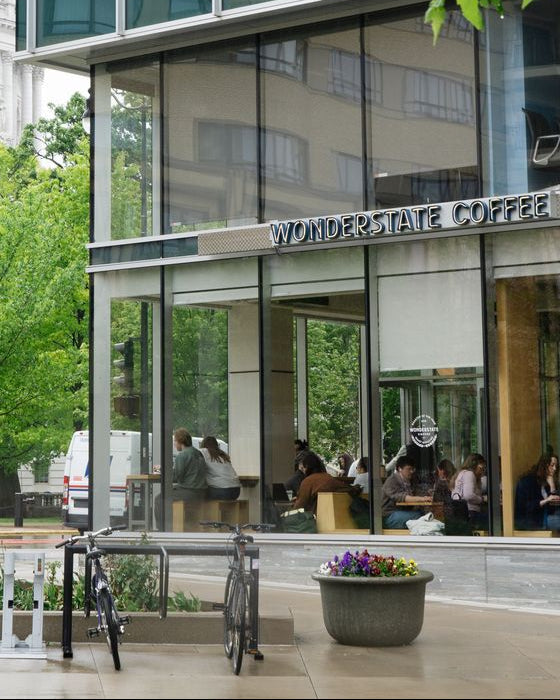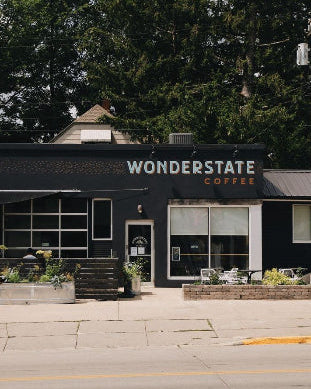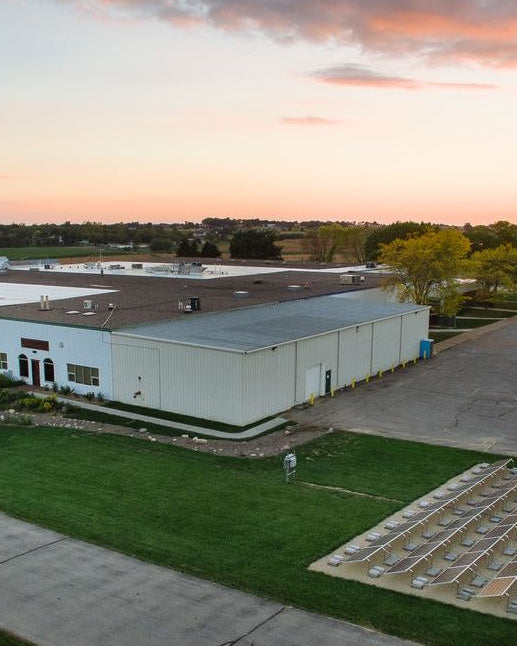by Luke Brekke
Sometimes our best intentions lead us down some pretty crooked roads, especially in the world of coffee. Fortunately, when it comes to coffee, there's usually something special at the end of those out-of-the-way paths. The coffee and the communities we encountered on the road to our latest Burundi purchase are no exception. Neither are the 42 goats that stand (and bleat) as proof of what we found.
When we initiated our minimum price guarantee at the beginning of 2017, we anticipated some challenges. We wanted to verify more money going back to farmers, which meant asking for transparency from importers. When we buy directly through our own importing cooperative, Cooperative Coffees, this isn't a problem, but when we approach a coffee through other importers, the situation is always unique, and sometimes it presents a challenge.
A few years back we started hearing good things about a group exporting coffee from Burundi. Burundi is a country with huge coffee potential, but it faces numerous challenges. Located just south of Rwanda, the coffees coming out of Burundi are compelling, exotic and nuanced. Coffee makes up about 80% of Burundi's total exports, but old plants and poor farming practices are causing a decline in yields. Compounding those challenges is the fact that more and more farmers in Burundi are moving away from coffee, growing crops that are less dependant on pre-harvest financing and less susceptible to the whims of climate change. The group we were hearing about, Greenco, was diving in and addressing those problems head-on.

Greenco is a unique entity in the coffee industry. They are exporters who are strongly invested in shoring up the sustainability of their supply chain. They approach coffee not just as a product for export, but like an embedded, critical thread woven into the social fabric of Burundi communities. In short, they pay attention to the human and environmental dimensions of coffee. They've installed solar panels on all of their washing stations to provide electricity for computers, smartphones and lighting; they've developed systems for converting cherry pulp to compost and redistributing it to growers; and they also work closely with farmers through the Kahawatu Foundation, a non-profit that provides farmers with classes on financial literacy and best agricultural practices, and has established a village savings and loan network.
All of these efforts combined with the fact that the coffees we were tasting from these groups were delicious had us ready to buy coffee. But there was one problem: it didn't cost enough. The price Greenco was asking fell below our minimum price guarantee. It's safe to say that we were heading into fairly unique territory, trying to pay a seller more than they were asking. It wasn't just a matter of cutting a bigger check either, since our price is a guarantee for producers, not exporters--we wanted to make sure the money made its way back to the farm level. So we asked Greenco what our options were.

Enter the 42 goats. In Greenco's model, coffee cherry is purchased from producers who are paid on the spot. Unless that coffee is separated as a microlot, that particular coffee's traceability to a given farmer ends there. That arrangement made it difficult to provide any assurance that the farmers who produced the coffee we bought would be the ones who received higher compensation. But Greenco had an idea. Working with Kahawatu Foundation, the non-profit that they partner with to provide so many benefits to farmers, they developed a plan. They began by establishing four village associations made up of 109 farmers from the Nemba area. Over the course of four weeks, these associations met and received training on the legal procedures of associations and the goals of a village-based lending group. At the end of their trainings, each group received goats, to be distributed to farming families. The goats will help diversify income for the farmers in the off-season. Kahawatu estimates, based on normal reproduction rates, that within a year every member will own one of the goats generated from this project.
We didn't anticipate getting into the goat trade, but we're happy to be playing our part. We're also thrilled to be working with an organization like Greenco. Having an increased and lasting connection to the farmers in the Nemba community is a truly special, unforeseen opportunity. Here's to heading into uncharted territory and finding what you didn't know you were looking for.
Additional Reading
Learn about our "Raise the Bar" minimum price guarantee efforts Blog: "Coffee Farmers Make Less Than 40 Years Ago"

Read more
At Kickapoo, we’re blessed to be located not only in a beautiful part of the midwest, but one filled with a community of extremely talented artists and craftspeople. Whenever possible, we love to...
Words by Shizue RocheAdachiPhotos by Bobbi Griffin “I thought I was going to tour a coffee farm––see the plants, see how the beans are dried, how they’re processed,” Bobbi Griffin, lead at Kickapoo...

